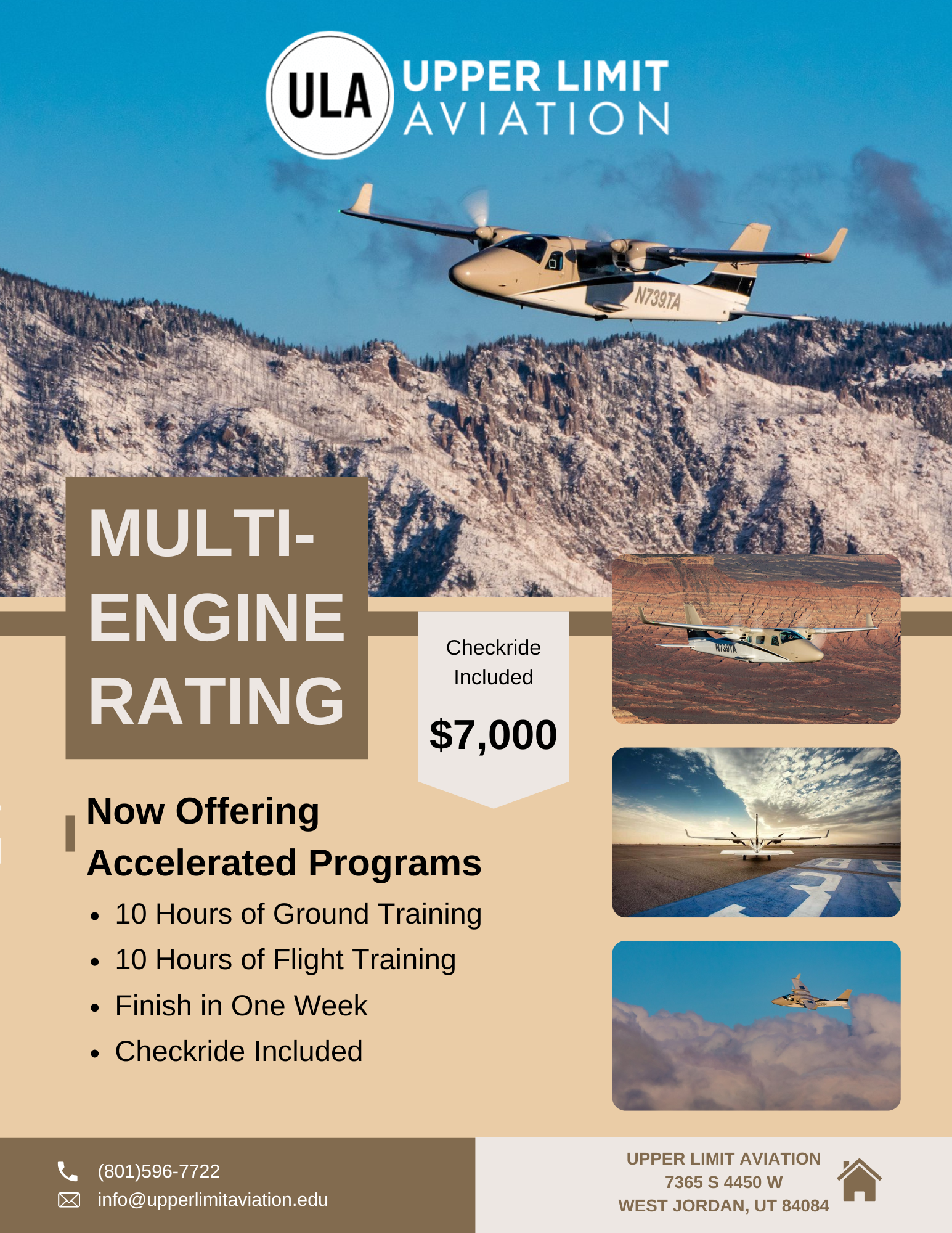Can You Fly For Compensation With a Private Pilot Certificate?
A Private Pilot Certificate doesn’t necessarily preclude earning money in aviation. Vern Weiss “No person who holds a private pilot certificate may act as pilot in command of an aircraft that is carrying passengers or property for compensation or hire, nor may that person, for compensation or hire, act as pilot in command of an […]

